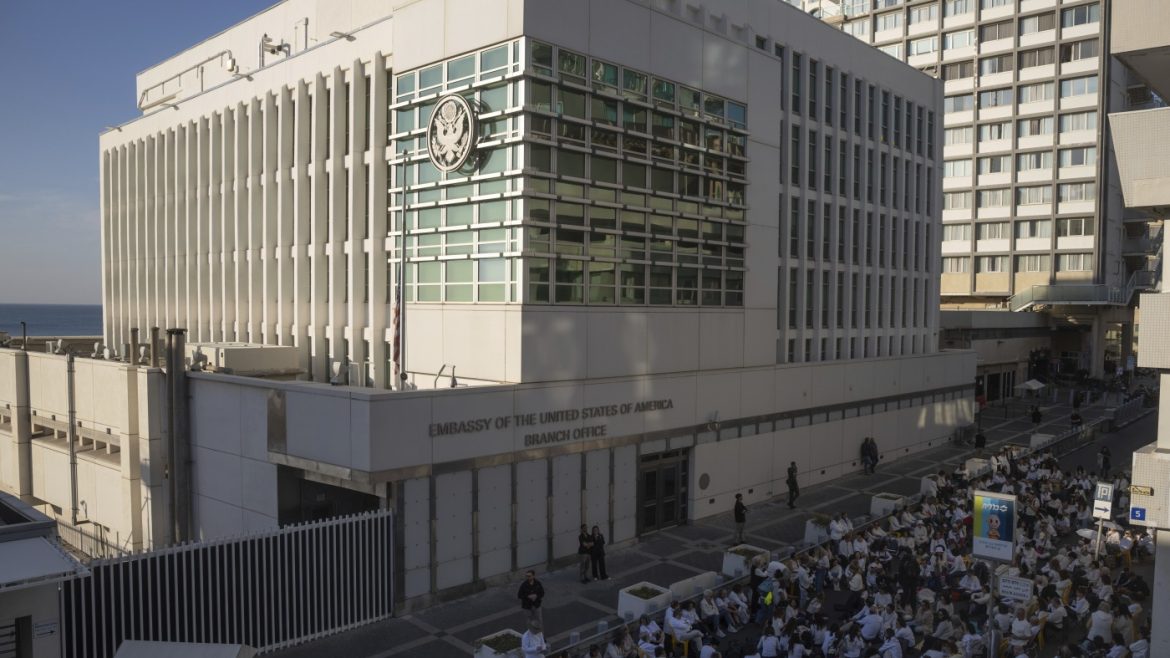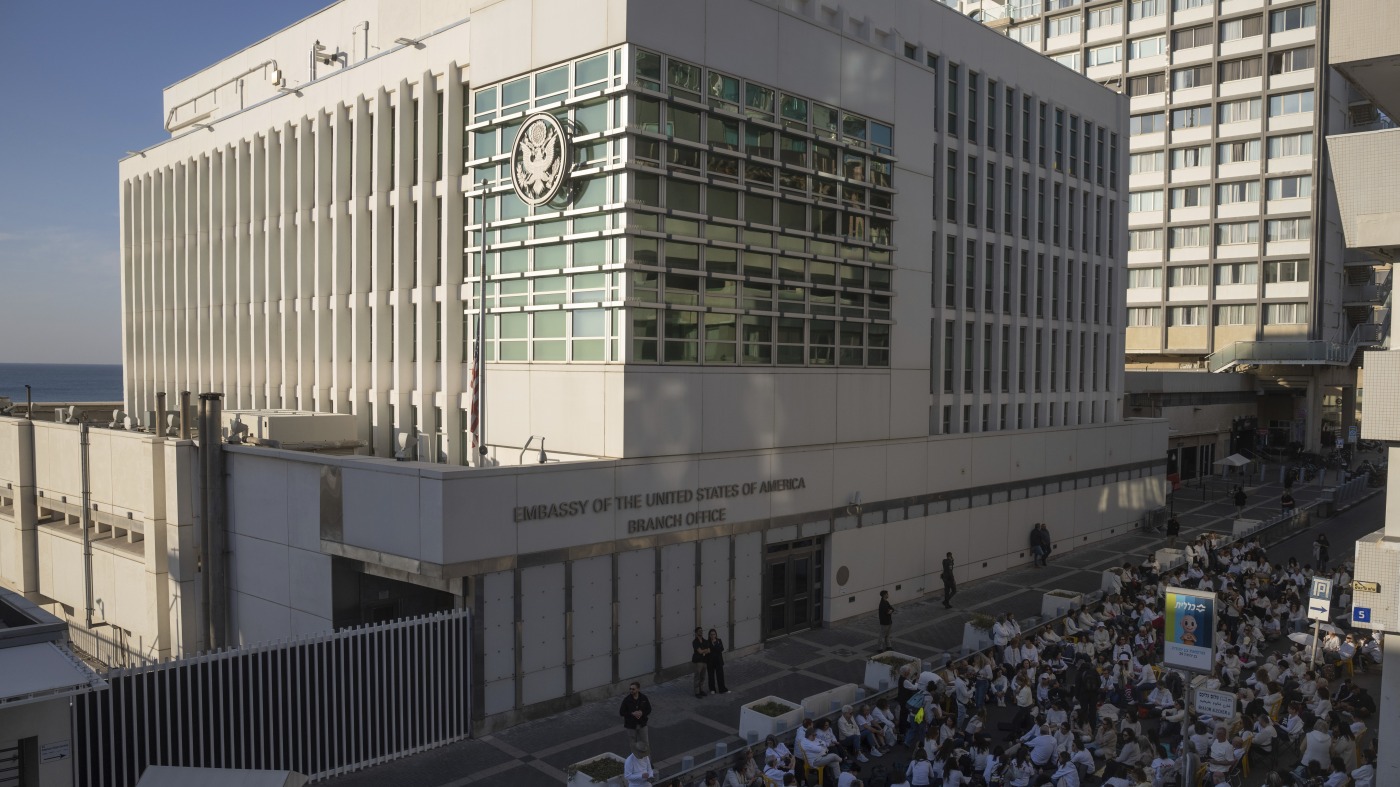Attempted Attack on the U.S. Embassy Branch in Tel Aviv: A Detailed Overview
A significant security incident has come to light involving a dual U.S.-German citizen accused of attempting to carry out an attack on the U.S. Embassy’s branch office in Tel Aviv, Israel. This case raises important questions about international terrorism, security protocols, and the legal ramifications of such acts.
—
Background of the Incident
The individual in question—a 28-year-old male named Joseph Neumeyer—was arrested at New York’s John F. Kennedy International Airport under suspicion of attempting to firebomb the U.S. Embassy branch in Tel Aviv. The arrest resulted from a coordinated law enforcement investigation spanning multiple jurisdictions, including federal prosecutors and the FBI.
Authorities allege that Neumeyer traveled to Israel with the intention of carrying out an incendiary attack on the embassy facility, a move indicative of premeditation and planning at a transnational level. The incident took place amid rising regional tensions, underlining the persistent threat posed by politically and ideologically motivated acts of violence.
—
Legal Charges and Proceedings
The Justice Department has formally charged Neumeyer with conspiracy to commit an act of terrorism and attempted use of a weapon of mass destruction (firebombing being classified under this definition when targeted at diplomatic missions). The charges reflect the seriousness of his alleged actions under U.S. federal law, especially considering the target was a symbol of American diplomatic presence abroad.
During a recent court appearance in Brooklyn, federal officials outlined the case against the accused. Law enforcement highlighted specific actions – including an alleged episode where Neumeyer allegedly spat on a security guard at the embassy before fleeing – as evidence of his hostile intent. These details contribute to establishing probable cause and confirm the individual’s disruptive behavior at the location.
—
Dual Citizenship and International Implications
Neumeyer holds dual citizenship with both the United States and Germany. This fact amplifies the complexity of the case in terms of diplomatic relations, extradition concerns, and the coordination needed between U.S., German, and Israeli authorities. It also underscores the challenges governments face in monitoring dual nationals who might exploit international mobility for illicit purposes.
The presence of dual nationality in such cases often necessitates extended cooperation between countries not only in prosecuting the suspect but also in sharing intelligence, managing consular access, and respecting each nation’s legal frameworks.
—
Security Concerns Around U.S. Embassies Abroad
Embassies and their branch offices are high-profile targets due to their symbolic representation of national sovereignty and foreign policy abroad. Attempts to attack these premises impact not only the immediate physical security but also diplomatic operations and international relations.
This incident is a stark reminder of the continuous threats faced by U.S. diplomatic missions globally, which often operate under tight security conditions to prevent assaults ranging from protests to violent attacks. The U.S. government’s swift response—arresting the suspect immediately upon return—demonstrates an emphasis on preemptive action and deterrence.
—
Broader Context: Geopolitical and Ideological Factors
While details about Neumeyer’s motives remain subject to judicial scrutiny, incidents of this nature often occur against a backdrop of geopolitical tensions and ideological conflicts. The U.S.-Israeli relationship, ongoing regional instability, and global concerns around radicalization all form part of the milieu that can spur individuals toward violence.
The case also shines a light on the persistent challenges posed by lone actors or small groups who may radicalize online or through other channels and target diplomatic facilities to express grievances or ideologies.
—
Conclusion: Implications and Takeaways
The arrest of a dual U.S.-German citizen charged with attempting to firebomb the U.S. Embassy branch in Tel Aviv reveals a multilayered threat environment where international mobility, ideological motives, and diplomatic security intersect. It highlights the necessity for vigilant security measures and international law enforcement cooperation to prevent attacks on diplomatic missions.
As the legal process unfolds, this incident serves as a critical example of how transnational security challenges can manifest and underscores the ongoing efforts required to safeguard diplomacy and uphold the rule of law in an interconnected world. The case will likely pro


